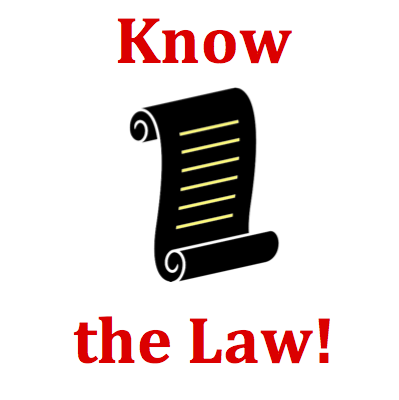Hold down the T key for 3 seconds to activate the audio accessibility mode, at which point you can click the K key to pause and resume audio. Useful for the Check Your Understanding and See Answers.
Mission WM3 Speed of a Wave - Question Group 5 Help

Two waves - wave A and wave B - are introduced into two slinkies having identical properties. Wave A has a frequency of 4 Hz and an amplitude of 50 cm. Wave B has a frequency of 2.5 Hz and an amplitude of 40 cm. Which wave is likely to have the greatest speed?

The speed of a wave is dependent upon the properties of the medium through which the wave is moving. An alteration in the properties of the medium will result in a change in the speed at which the wave moves through that medium.

The speed of a wave is often calculated as the product of frequency and wavelength. This gives many students the wrong impression that the speed of a wave depends upon frequency and wavelength. But don't be fooled! The speed of a wave is independent of its frequency and wavelength. A change in the frequency value will not result in a change in the speed value. Rather, changing frequency will result in a change in the wavelength in such a manner that the speed value turns out the same. While the speed can be calculated from knowledge of the frequency and wavelength, its value is unaffected by changes in frequency and wavelength.
